Dr. Haywood Hall
An exceptional emergency physician/migrant worker our Living Legend gives the history of his internationally recognized family. Founder of PaceMD Global Health he is an international award winner as a Social Entrepreneur.
His mother is historian Gwendolyn Midlo Hall. His father is author and political activist Harry Haywood. His complicated family history mimics the complicated relationship between the US and African-Americans but provides encouragement for the future.
If you haven’t yet, subscribe to the Count Time Weekly Alerts.
You will be added to our private community for comment, discussion and members only content.
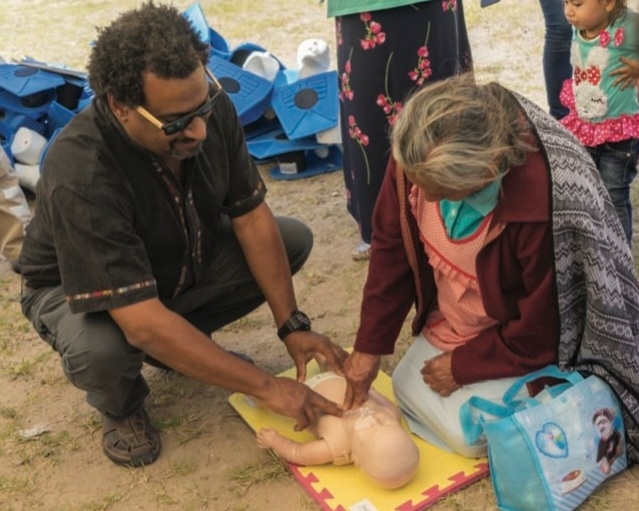
Count Time Podcast Living Legend Haywood Hall
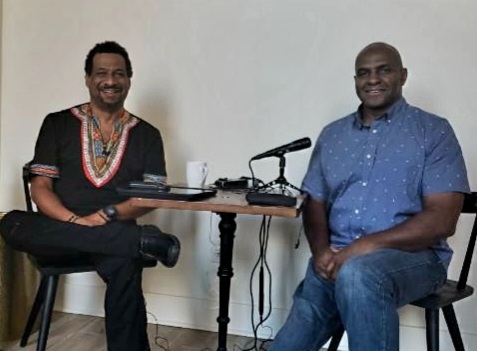
Selected quotes and notes from Count Time Podcast with LD Azobra Interview Dr. Haywood Hall – Black History Month
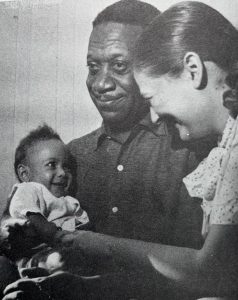
“Although I was born in Brooklyn New York, I was raised in Mexico as a child until the age of 8. After a ” real world education” as a musician / piano tuner, a Con Ed meter reader and a NYC cab driver, I received my GED and I went back to college, dedicating my life to improving emergency care, and decreasing pain and suffering, especially among Spanish speaking and other marginalized populations. As an emergency physician, I have seen over 90,000 patients in emergency departments, worked in various private, public, and academic settings. I have won the highest international honors in my field. I have seen humanity at its very best and its very worst. An example of this was my service as a Medical Officer during the WTC 911 Disaster.
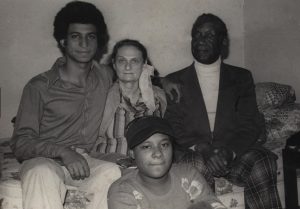
My grandparents were born slaves in 1860 and my father was born in 1898. True to my family’s values (my parents were both civil rights activists), and wanting to make a change in the world, I began to focus on what it would take to become my version of a change agent. I slowly made the transition to becoming a “Social Entrepreneur”. I realized that the roots of social change have to go beyond non -profit models and I started what ultimately became an impact enterprise in 2002. Although Social Business may not be able to solve all of the world’s problems, I am convinced we have to develop a new norm: enterprise with a social contract.”
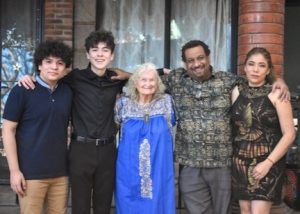
Good evening. Good evening. Good evening it’s 4:00 PM. Stand up it’s count time, time for every man and woman to stand up and be counted. Welcome to another edition of Count Time podcast. I am brother LD Azobra. Thank you for joining us today.
We have something very, very special for you. We gonna jumpstart Black History month. We going to be doing something that’s a little different than what most of us are used to. We have here today Dr. Haywood Hall, the son of the great, the legendary, the one and only Gwendolyn Midlo Hall. Welcome to Count Time.
HH
Thank you. Thank you very much for having me.
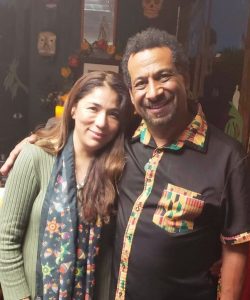
Gwendolyn Midlo Hall (June 27, 1929 – August 29, 2022)[1] was an American historian who focused on the history of slavery in the Caribbean, Latin America, Louisiana (United States), Africa, and the African Diaspora in the Americas. Discovering extensive French and Spanish colonial documents related to the slave trade in Louisiana, she wrote Africans in Colonial Louisiana: The Development of Afro-Creole Culture in the Eighteenth Century (1992), studied the ethnic origins of enslaved Africans brought to Louisiana, as well as the process of creolization, which created new cultures. She changed the way in which several related disciplines are researched and taught, adding to scholarly understanding of the diverse origins of cultures throughout the Americas.
In addition, Hall created a database of records identifying and describing more than 100,000 enslaved Africans. It has become a primary resource for historical and genealogical research. She earned recognition in academia, and has been featured in The New York Times, People Magazine, ABC News, BBC, and other popular outlets for her contributions to scholarship, genealogy, and the critical reevaluation of the history of slavery. Hall was also Professor Emerita of Latin American and Caribbean History at Rutgers University in New Jersey, where she taught for 25 years.
Professor Hall’s work inspired Winston Marselis’ “Blood on the Fields”which won the Pulitzer Prize for Music in 1997, the first time the prize was ever given for a Jazz composition.
Harry Haywood (February 4, 1898 – January 4, 1985) was an American political activist who was a leading figure in both the Communist Party of the United States (CPUSA) and the Communist Party of the Soviet Union (CPSU). His goal was to connect the political philosophy of the Communist Party with the issues of race
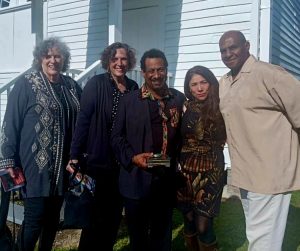
Haywood died in January 1985, and was buried in Arlington National Cemetery in Arlington, Virginia. (Columbarium Court 1, Section LL, Column 7, 2nd Row from bottom. Interred under birth name “Haywood Hall.”) He had a service-related disability and spent the last few years of his life at a Veterans Administration medical facility. The Harry Haywood papers are housed at the Bentley Historical Library, University of Michigan, Ann Arbor, Michigan, and at the Manuscript, Archives, and Rare Books Division, Schomburg Center for Research in Black Culture, New York Public Library, New York City. In Richard Wright’s autobiographical novel Black Boy (American Hunger), the character of Buddy Nealson is said to represent Haywood.
In collaboration with her Husband , Harry Haywood, Professor Hall cowrote a series of articles in SOUL BOOK. They had a major impact in the development of groups such as the Black Panther party, Dr Ernest Allen ,Historian , chronicles these articles
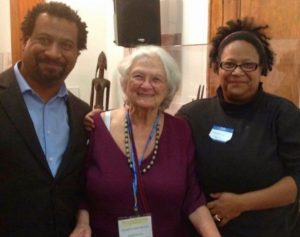
Rebecca Hall, JD, PhD, is a scholar, activist, and educator. She writes and publishes on the history of race, gender, law, and resistance as well as articles on climate justice and intersectional feminist theory.

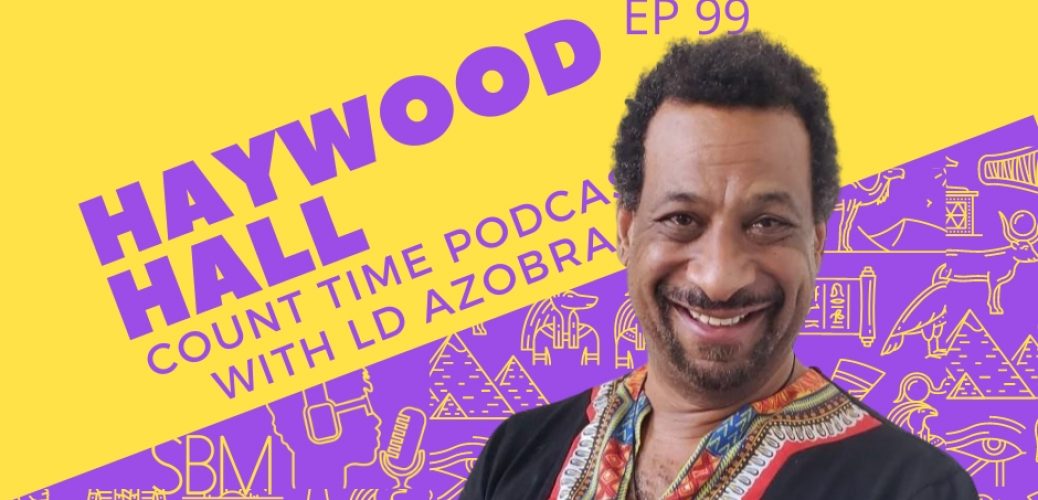
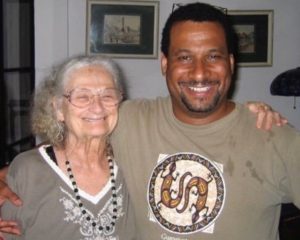
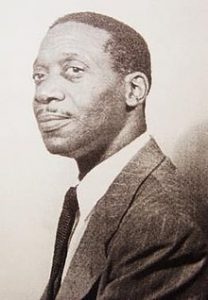
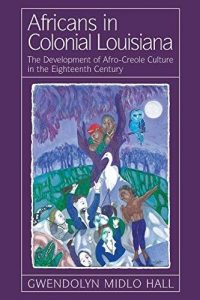
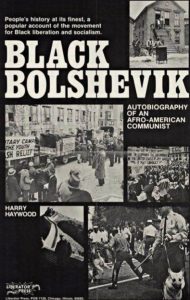
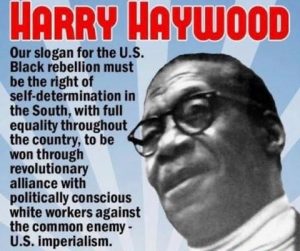
October 11, 2023 @ 7:04 pm
My name is Pierce W. Huff, and I am the Administrative Assistant for New Orleans City Councilman Eugene Green. Councilman Green plans on having a point of business before the Oct. 19th City Council meeting honoring the life of Gwendolyn Midlo Hall, who recently passed away. Our office would be honored if you could attend this event in person. Please call me at 504-658-1040 for details. Thanks!
February 16, 2023 @ 10:54 am
Thank you for the Dr Haywood Hall interview. I met Haywood in Jr high and I remember the school psychologist ( we’ll call him HR) told him he would never be well adjusted because he was mixed blood. I was not in contact with Haywood for many years, I remember in the 90s when Gwen had written a book that was reviewed in people magazine and I was glad that she was getting mainstream recognition for her work on the origins of American blacks. Now Haywood, like he said, is the patriarch! Keep up the good work grandpa!
February 3, 2023 @ 2:26 am
Great podcast!!